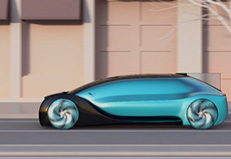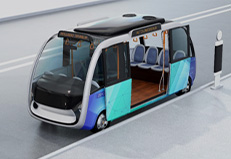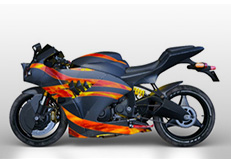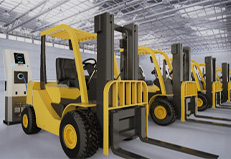Applications
Applications
Adopted by world’s major automobile manufacturer. Developed high-performance valves to realize hydrogen society
As a Japanese leading valve manufacturer for Hydrogen Fuel Cell Application, Hamai has developed valves for FCVs with world’s major automobile manufacturer. Being recognized with high R&D capabilities, Hamai’s valves have been installed to the first FCV in Japan. Not only for automobile & trucks, but Hamai also aims to expand the business to any types of mobilities such as railroad, aircraft, and construction machinery.
Able to achieve excellent performance by installing our valves to your system, Applicable to variety of hydrogen fuel cell mobility and applications
Hamai has developed full lineup of 700bar valves which includes On-tank solenoid valve, PRD’s, and Receptacles. Highly reliable for usage of light duty, heavy duty and storage systems.

Hamai’s hydrogen valves support the global GTR/UN standards Achieving superior high performance and high reliability.
High ability
Applicable for ultra high-pressure 700bar
World’s first to meet the global standard requirements
Accomplished super air-tight performance under low temperature environment
Full lineup of valves for ultra high-pressure FC application
High performance

Fulfills the global standard GTR No. 13 with Nominal Working Pressure (NWP) of 700bar, and Maximum Operating Pressure (MOP) of 875bar.

Applicable to -60℃ exceeding the requirements of global standard, GTR’s requirement of -40℃. Shows high performance with the design aimed for the actual environment.

Our PRD has accomplished an astounding durability by satisfying over 50,000 cycles of pressure cycle test, which is nearly 5 times of cycle required by GTR. (11,000 cycles)
Hamai's hydrogen valves are produced in Japan, a country with strict quality control
Hamai's hydrogen valves are manufactured through an integrated process at our own factory in Japan. Hamai customizes and develops the hydrogen valves required by users by utilizing high-performance test equipment and strict quality control systems such as the APQP validation process and CPKS definition.
CUSTOMIZATION













